 Intelligent Design
Intelligent Design
“Safe to Question” — Another Graduate of Summer Seminars on Intelligent Design Shares Her Story
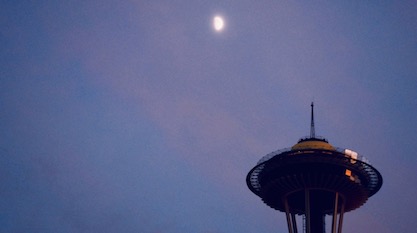
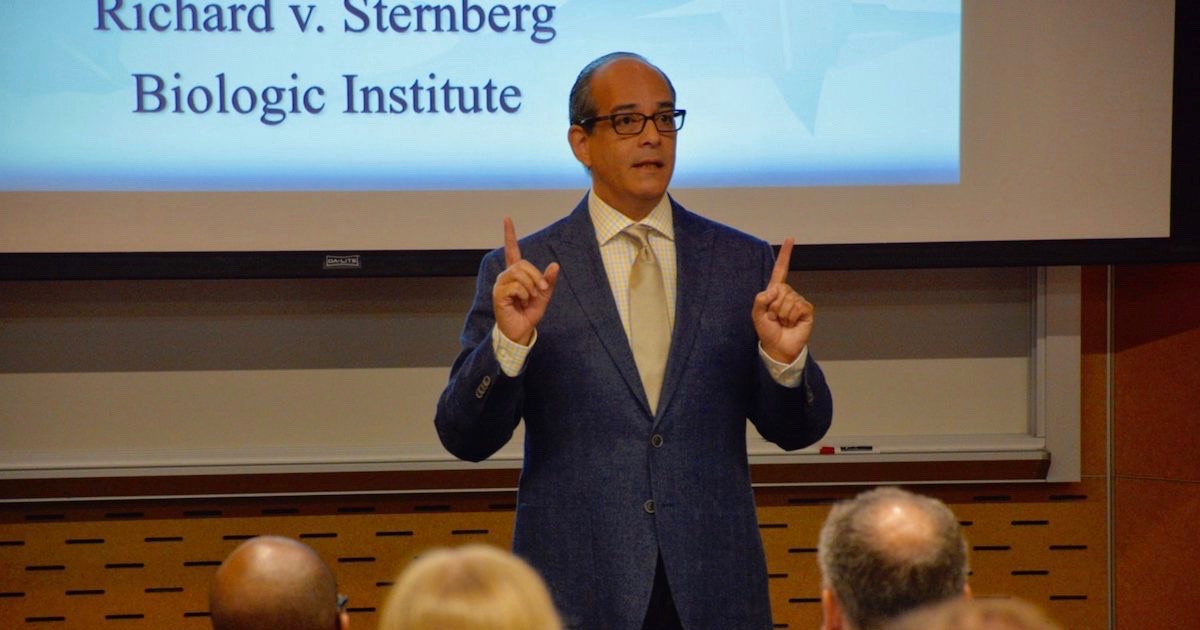
Behind every Iron Curtain is a private network of dissenters, who come out into the light when the curtain falls. That was the case with the old Soviet Union. And so it is in the tightly policed world of evolutionary biology with its “great evolutionary firewall,” guarding against expressions of fundamental doubt about neo-Darwinian theory.
Discovery Institute is populating a community of dissenters in academia with the annual all-expenses-paid Summer Seminars on Intelligent Design, to be held this year from July 10 to 18 in Seattle. The application deadline is March 4. Intended for current undergraduate and graduate students plus a few teachers and professors, the Seminars run on two parallel tracks:
- The C.S. Lewis Fellows Program on Science and Society; and
- The CSC Seminar on Intelligent Design in the Natural Sciences
A “Safe” Environment
I’m struck by the way graduates speak about this as a “safe” environment for learning about the origins of life and of biological complexity. In comments to me earlier this week, Beth described the Seminars as “a safe space to discuss the great questions of biology.” Now another alum, Jessie, echoes this with a pretty amazing account of her own experience:
I attended the Summer Seminar for Intelligent Design my last summer in grad school. It was life changing.
Before that summer, I had never met another scientist who thought intelligent design was anything more than a joke, let alone a powerful explanation for the observations we make in biology. I was fearful of being ridiculed by my colleagues and never said a single word about it throughout grad school, even when the topic came up.
But at the seminar, I’m in a room full of not just students, but also MDs and PhDs. Folks who run their own labs at prestigious institutes around the world. Biologists of every flavor, physicists, mathematicians, engineers, physicians, philosophers, and more. Many of them are silent too. And suddenly, oh the conversations we’re having! I felt so alive! We’re diving into science, engineering, and philosophy! Arguing, debating, pitching research ideas, asking questions, and critiquing ID research and ideas that have already been published. There was never a moment when the room was not wildly animated. I don’t think anyone else had met other scientists who hold to ID either. I think we were all starving for a sense of community. At least I was. I’m still in touch with many of the folks I met that week.
Best of all, I felt safe to QUESTION. I didn’t have to simply accept what I was being told as “fact.” ID is young and still underdeveloped as a framework of thought. You better believe that I threw out many questions as the speakers had time for. Others did too. I wanted to explore these ideas as widely as possible before the week was up.
Being a part of a community where it was safe to question and share ideas about design and engineering in biology transformed my life. I don’t know why, but I felt less anxious after that week. My life long struggle with social anxiety seemed to disintegrate. I was suddenly confident in myself, not just in beginning to speak out about ID, but in all areas of social life. Every year, I wish I could go back. Summer Seminar friends, I miss you all and hope to see you at some conference or event sometime soon! Thank you for the massive influence you all had on my life.
Whoa. That is something. I wish the Seminars had existed when I was an undergrad. But note the references, again, to safety. “I felt safe to QUESTION. I didn’t have to simply accept what I was being told…” “Being a part of a community where it was safe to question and share ideas about design and engineering in biology transformed my life.”
Nine Amazing Days in Seattle
I know the identities of these two young women who have come up through graduate school in the sciences. It’s because questioning isn’t safe in that context that they speak here as they do, going by only a first name.
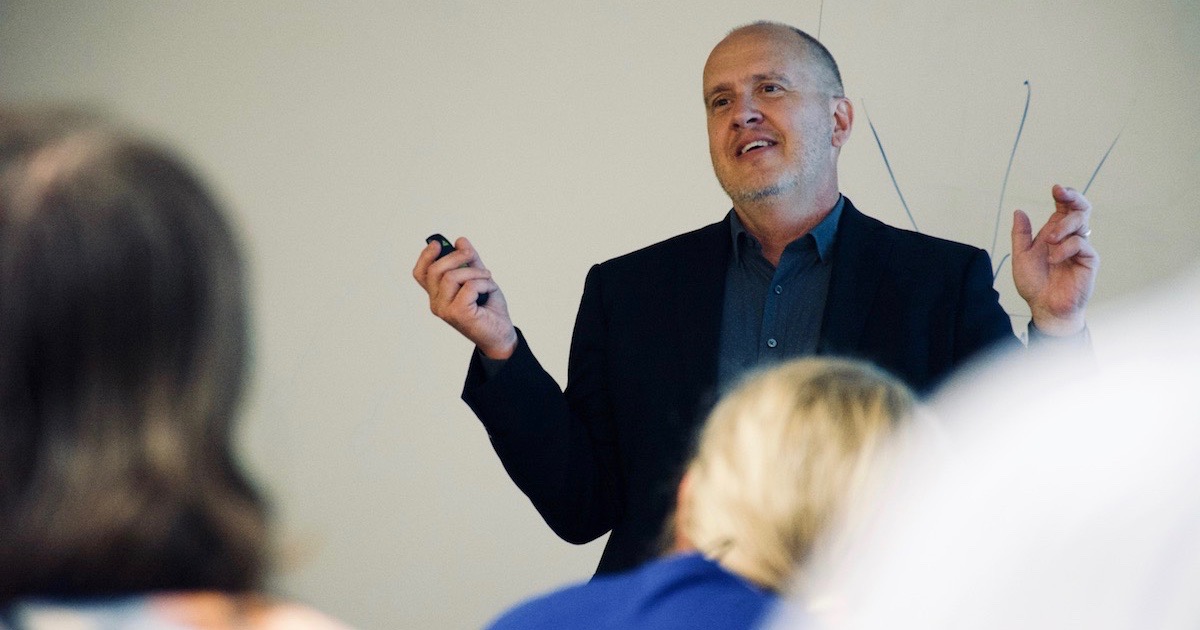
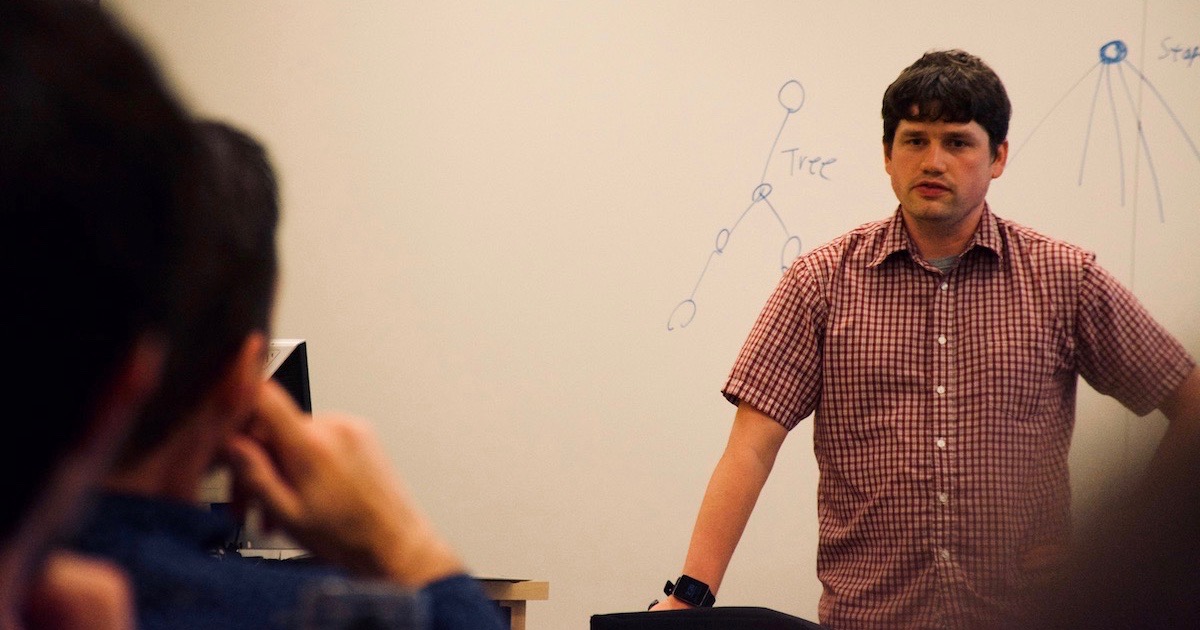
The Center for Science & Culture is careful to keep our students safe from being identified. You are assured of that, and, not less important, you are assured of an amazing, stimulating nine days in the Pacific Northwest, learning with the stars of the world of intelligent design research and scholarship, including Stephen Meyer, John West, William Dembski, Paul Nelson, Ann Gauger, Bruce Gordon, Guillermo Gonzalez, Michael Behe, and other great instructors. Meeting and learning from the other students in the program is equally valuable.
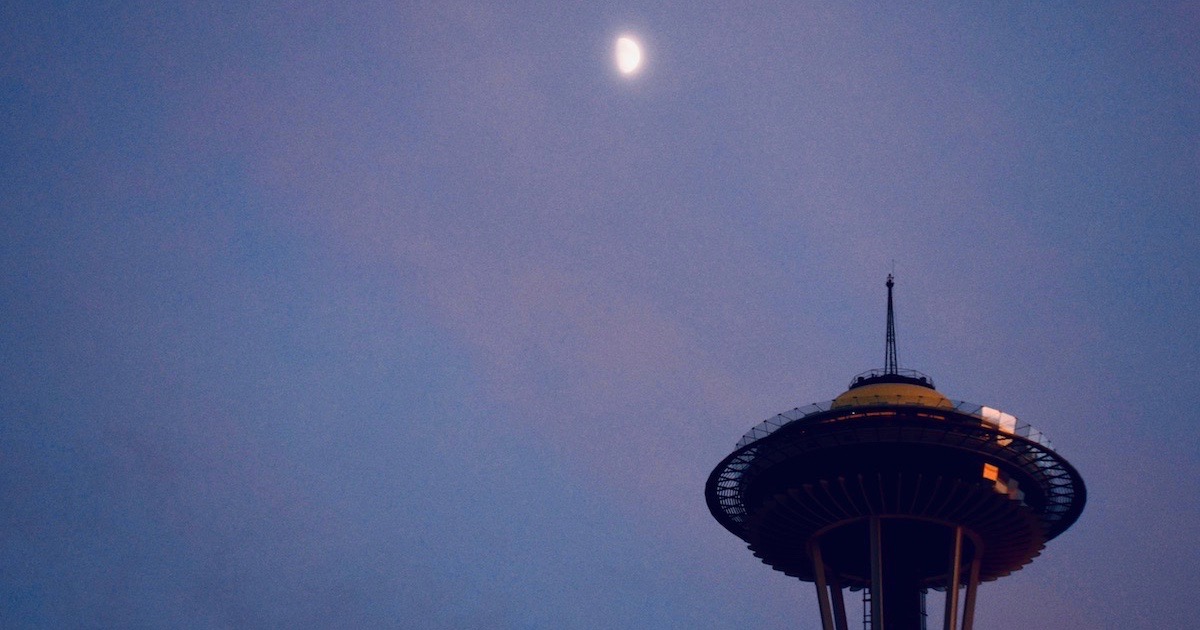
A Looming Deadline
But do remember that March 4 application deadline (for U.S. applicants). Go here and here for more information and a simple online application. And feel free to contact Daniel Reeves with any questions you may have. If you’re not a college or university student, please let a student know!
As to evolution’s Iron Curtain, it will fall. There will be a tipping point. We are speeding that up by training tomorrow’s intelligent design scientists, scholars, and educators.
Photo credit: Richard Sternberg, Paul Nelson, Winston Ewert, Seattle Space Needle, by Daniel Reeves.
